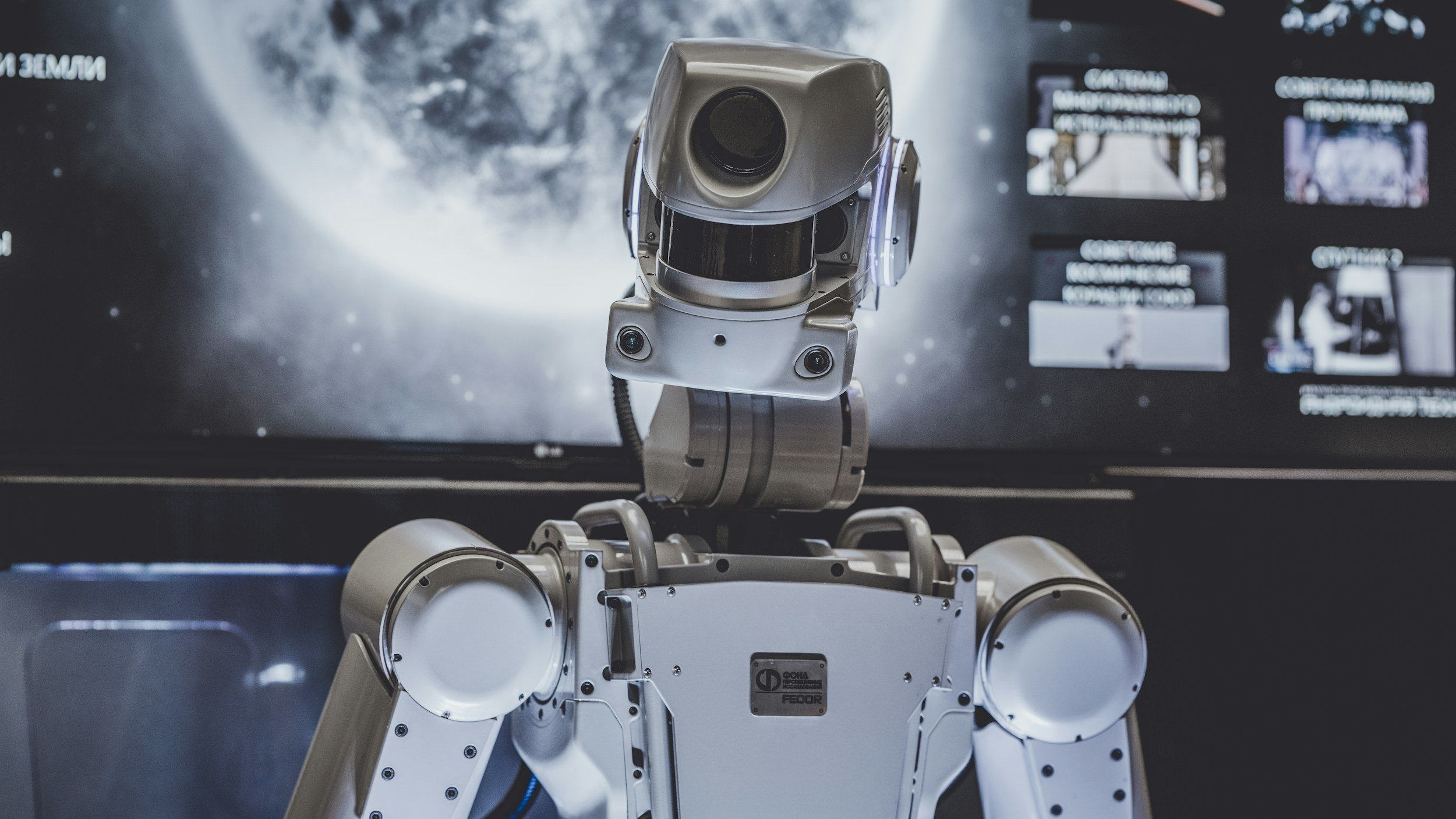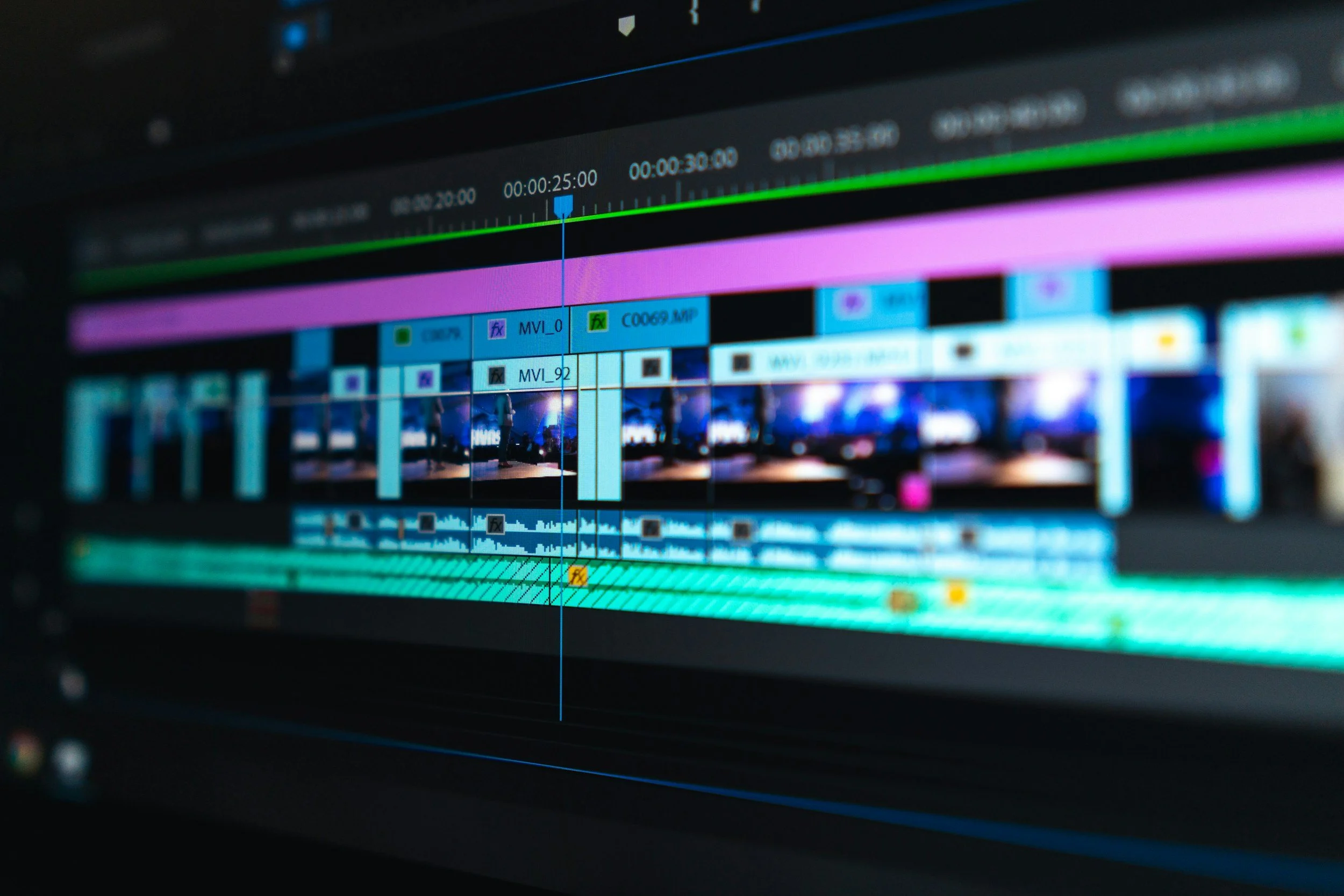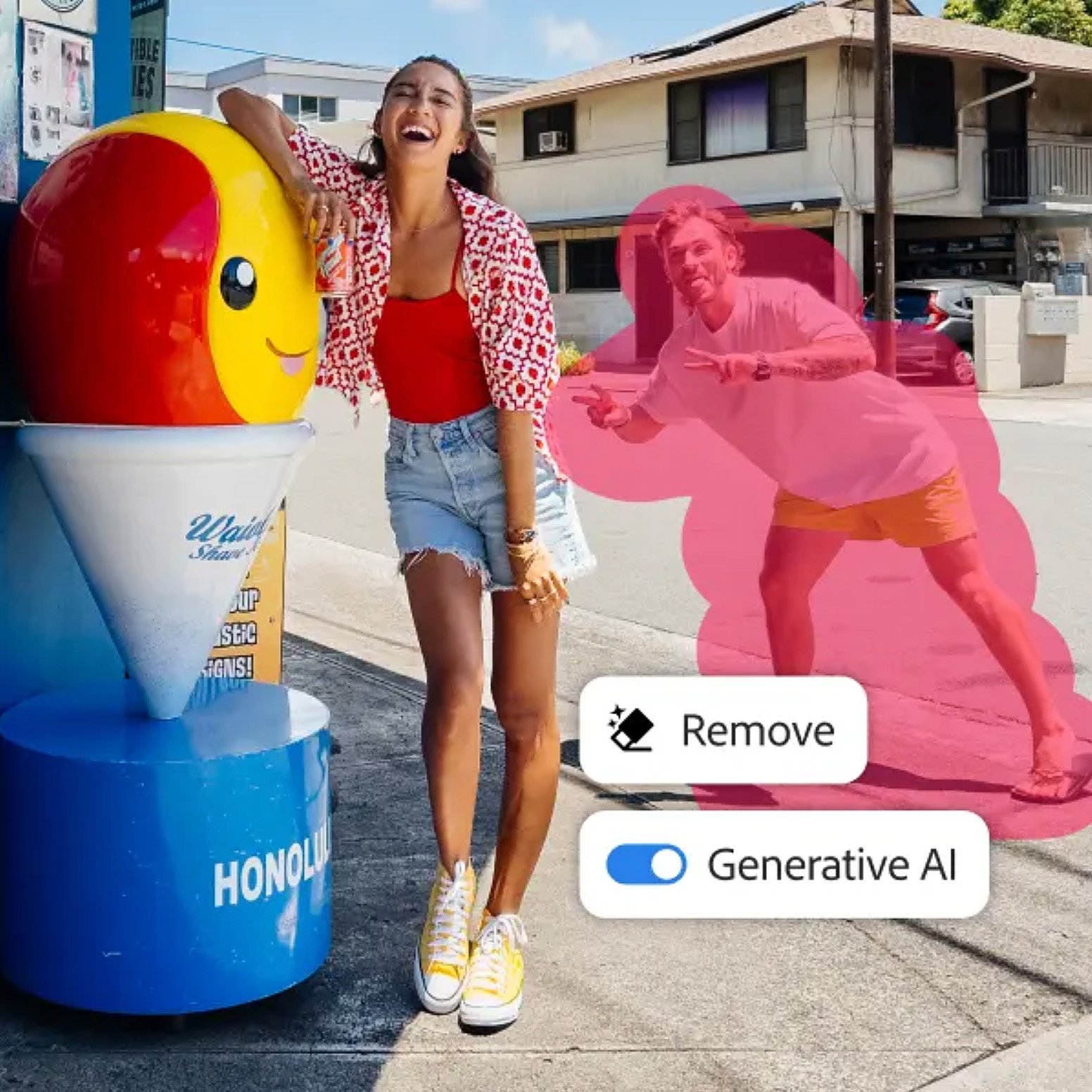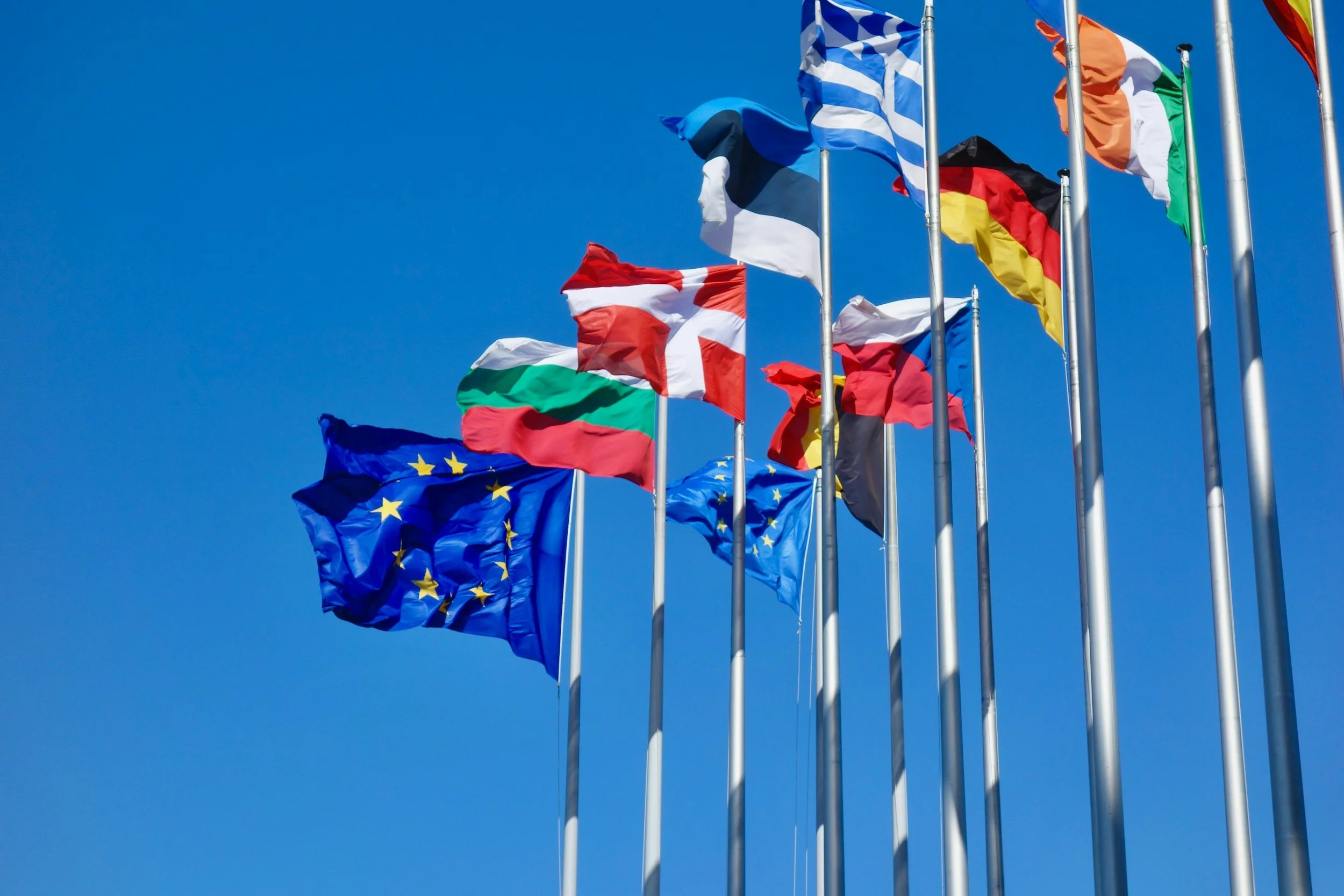UNESCO-UNDP Report Explores AI's Impact on Freedom of Expression in Elections

Image Credit: Gayatri Malhotra | Splash
A new report by UNESCO and the United Nations Development Programme (UNDP) examines the transformative impact of artificial intelligence on freedom of expression during elections, detailing both its potential to enhance democratic processes and the risks it poses to information integrity.
AI's Influence on Electoral Processes
The report, titled "Freedom of Expression, Artificial Intelligence and Elections," underscores AI's role in reshaping how information is created, shared, and consumed in electoral contexts. It highlights how generative AI—capable of producing text, images, videos, and audio—has lowered barriers to information production, enabling innovative ways for voters, candidates, and media to engage. For instance, AI-driven tools can streamline voter outreach and enhance civic discourse by providing accessible information, supporting the right to seek, receive, and impart information, a cornerstone of credible elections as outlined in the Universal Declaration of Human Rights and the International Covenant on Civil and Political Rights.
However, the report cautions that AI amplifies challenges to information integrity. The speed, sophistication, and scale of disinformation, deepfakes, and societal biases have surged, potentially undermining public trust and discouraging electoral participation, particularly among women. The document cites examples like AI-generated deepfakes used to discredit political opponents and the risk of voter manipulation through microtargeting, where tailored content influences voter behavior.
Risks to Information Integrity
The report identifies several AI-related risks to elections, including deepfakes, voter manipulation, and "hallucinations"—incorrect outputs from AI systems due to flawed data or design. Deepfakes, particularly those targeting women candidates with sexualized imagery, can erode trust and polarize voters. The report also flags astroturfing, where AI creates fake online support to mimic grassroots movements, and the opacity of AI systems, which complicates accountability.
Privacy concerns arise as AI systems analyze vast amounts of voter data, often without clear consent, raising ethical and legal questions. Additionally, biases embedded in AI algorithms, often reflecting the homogenous composition of development teams, can amplify discrimination, particularly gender-based, with the report noting that 90% of people hold biases against women, according to UNDP research.
Strategies to Harness AI’s Potential
To address these challenges, the report advocates for a multi-stakeholder approach, involving governments, tech companies, civil society, and media. Key strategies include:
Multi-Stakeholder Coalitions: Collaborations like the UNDP-led Action Coalition on Elections can pool expertise to promote free elections while addressing AI’s risks.
Reliable Electoral Information: Strategic communication campaigns by electoral bodies can counter disinformation and build trust.
Media Capacity Building: Training journalists to use AI tools for investigative reporting and protecting them from online harassment are critical steps.
Digital Platform Governance: Platforms are urged to enhance transparency, moderate harmful content, and label AI-generated material, with initiatives like the Coalition for Content Provenance and Authenticity (C2PA) aiding content verification.
Media and Information Literacy (MIL): Programs to enhance public understanding of AI and media can empower voters to navigate complex information ecosystems.
Codes of Conduct: Voluntary agreements among political actors, such as UNESCO-supported pacts in Indonesia and Uruguay, can promote ethical AI use in campaigns.
Online Content Analysis: Tools like UNDP’s eMonitor+ assist in monitoring digital election trends, though human oversight remains essential.
Global Governance and Future Trends
The report situates AI’s electoral impact within broader governance efforts, notably the UN Global Digital Compact, adopted in September 2024, which aims to align AI development with human rights. UNESCO’s Guidelines for the Governance of Digital Platforms and data protection laws, targeted for global adoption by 2030, are steps toward ensuring safe and trustworthy digital spaces. Emerging AI-specific regulations, particularly around deepfakes, signal growing state-level action, though the report warns against regulations that could inadvertently curb free expression.
Looking ahead, the report anticipates AI’s continued evolution, with generative AI becoming more sophisticated and widespread. This could enhance electoral engagement but also intensify risks like disinformation and privacy breaches. The need for adaptive, inclusive governance is critical, with elections serving as a testing ground for broader AI strategies.
Source: UNESCO
We are a leading AI-focused digital news platform, combining AI-generated reporting with human editorial oversight. By aggregating and synthesizing the latest developments in AI — spanning innovation, technology, ethics, policy and business — we deliver timely, accurate and thought-provoking content.



































































































































































